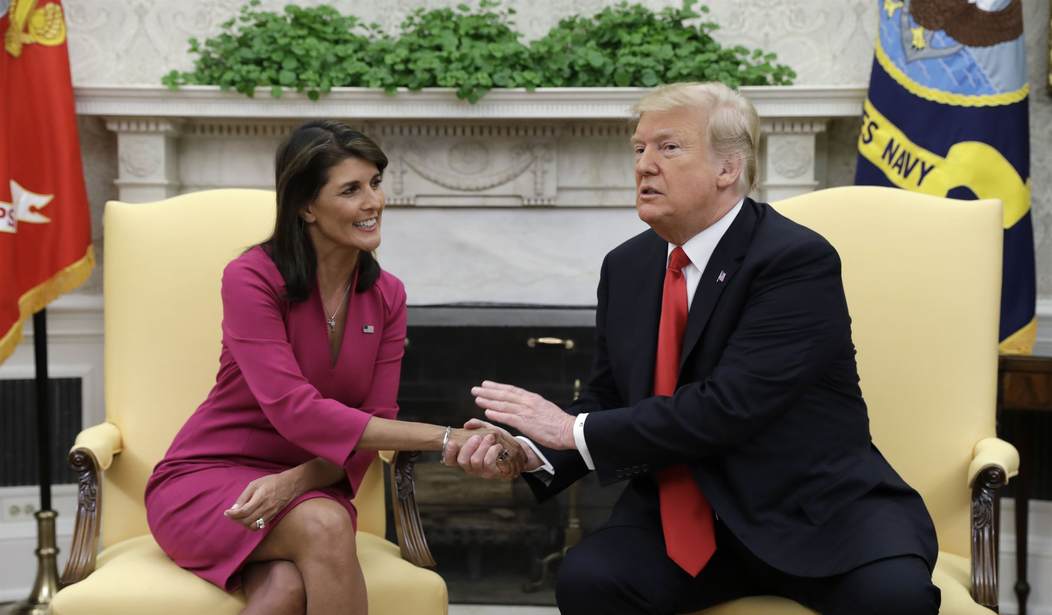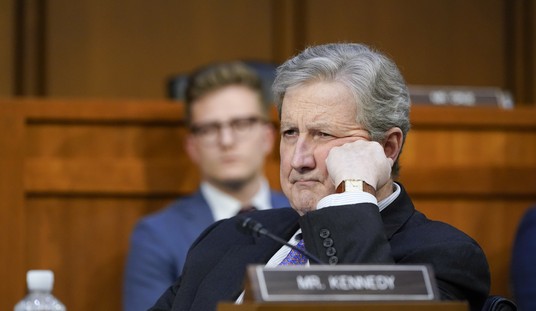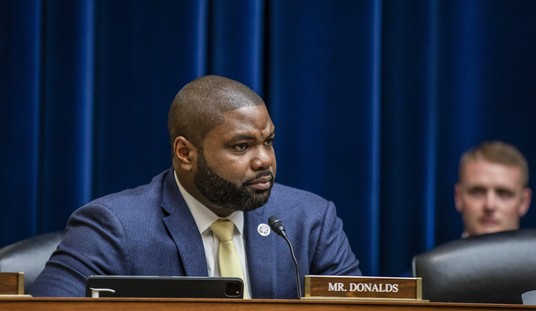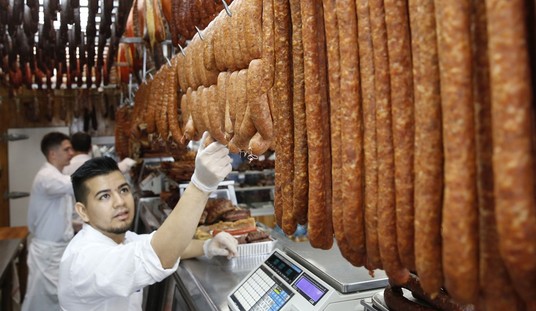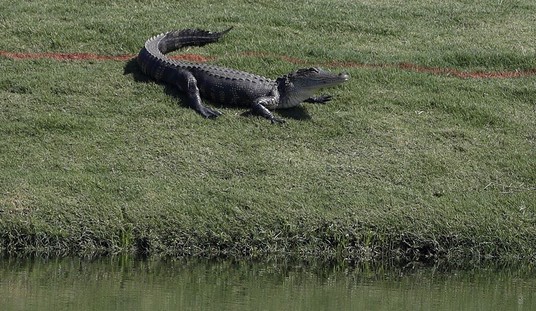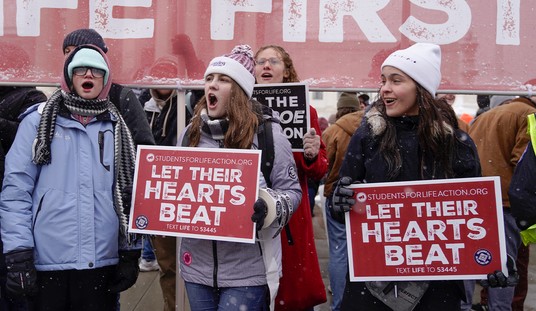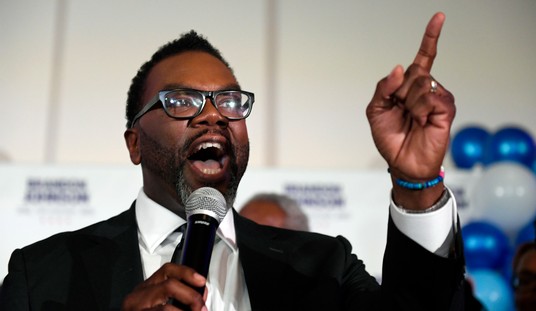Clearly, it's a done deal. Donald Trump will be the 2024 Republican presidential nominee. He says so. His supporters say so. The media says so. And you rarely see media admit mistakes.
Trump is constantly talking about his lead in the polls. He’s even suggested that competitors should give up because he’s so far ahead. It is tempting at times to get out ahead of the news, hoping to shape it and make the win seem inevitable.
Trump is correct. Polls do show him far ahead in both Iowa and New Hampshire as part of his plan to defeat the Democrat who defeated him and return to devastate the Deep State during a second term.
Trump also leads slightly in averages of hypothetical autumn match-ups against Joe Biden, although that stuff is just entertainment for now.
A shocking November NYTimes/Siena poll showed Trump leading Biden in five of six key swing states Biden won in 2020. Less noticed was the fact that Amb. Nikki Haley led Joe Biden in all six key states and by wider margins than Trump.
Some skilled politicians love to walk that shaky tightrope high above the audience. But announcing how far ahead you are before any voting is very dangerous in politics, even for Trump, who’s not noted for modesty.
That’s because you’re setting yourself up for a bad surprise. You never hear football coaches boast about their lead at halftime and the inevitable victory surely coming soon, perhaps by 40 or 50 points.
No one tells Trump what to do. He wouldn’t listen anyway.
Instead, Trump could be expressing admiration for the determination of his GOP competitors, how hard they’re working, how it shows the breadth and depth of smarts and sharp candidates in his adopted Republican Party. And how important it is to oust the dangerous current White House regime.
This might also make unifying Republicans easier come fall if he is the nominee. That’s because, as fervent and blindly loyal as Trumpers are to their guy, there are not enough of them to capture a general election, even against the shell of a president like Joe Biden. Any Republican needs to attract independents and Democrats.
Everyone knows the ex-president has a lead in some polls. But such rhetorical strutting before the actual voting starts in Iowa on Jan. 15 and eight days later in New Hampshire is risky for two reasons:
- Assuming a sure win invites some supporters to slip into the Temple of Over-Confidence and skip as unnecessary the voting lines on a chilly New England Monday morning. Or the interminable caucus evening of a mid-winter Sabbath in Iowa. Have you ever experienced the drone of an eight-hour PTA meeting on a folding chair?
- It also sets the expectation bar way too high, almost inviting public and media disappointment if his victory margin is less than stunningly overwhelming, however a hostile media defines that.
Winning any election by, say, 20 or 25 points is very impressive. But if you’ve been boasting for weeks about a 50-point lead, 20 percent sounds underwhelming, suggesting weakness and openings for others.
This encourages opponents and their donors. And you just know that media, which need something that seems new every day, would be drooling for the online traffic drawn to a Trump-upset narrative.
That unpredictable upset sentiment feeds on itself in U.S. politics and sports. It can ignite the U.F., the volatile Underdog Factor that Americans absolutely adore.
Can the daughter of legal immigrants and wife of a deployed Army Major — the conservative woman no one expected to win the South Carolina governorship for two terms with skill and success and stand up to the Russians at the U.N. – can she upset the blustering billionaire to become America’s Margaret Thatcher as the country’s first female commander in chief?
It doesn’t matter whether you agree or scoff at this sort of thing. It’s a very real phenomenon. In fact, if you scoff at it, you’re making the same mistake as Hillary Clinton in 2016 when she knew she had Wisconsin and Michigan in the bag and Trump's deplorables on the run.
Or aides to the pompous John Kerry, who, on the afternoon of Election Day 2004, began calling him Mr. President. Until the Ohio results came in.
Trump may very well win the nomination. And win handily. But even if he does, fewer will be impressed because he made it expected and old hat weeks before the fact.
Take it from me: You do not want to be proclaimed the certain winner who doesn’t win. And then must answer why. I worked on George W. Bush’s first presidential campaign in 1999-2000. He cruised to victory in the Iowa caucuses that year, but then came New Hampshire.
Bush was said to be dominating there, too. At his motel breakfast early that Feb. 1, the first exit polls reached Karl Rove, Bush’s chief strategist.
“Not good,” he said.
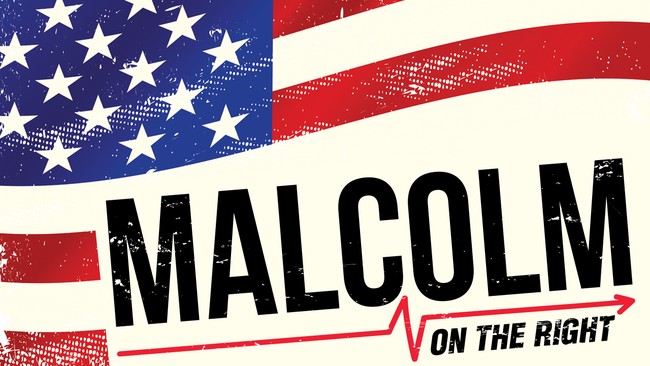
In fact, they were Very Not Good. John McCain won going away that day with nearly half the vote in a four-man race, an 18-point margin over the Texas governor, while Steve Forbes took 13 percent, and Alan Keyes (remember him?) got six percent.
True, there were only 233,000 votes total. But the resulting news coverage of the first actual voting that cycle made it appear a colossal disaster for the presumed Republican nominee.
Lost in much of the coverage was the fact that independents (whose Trump support has weakened, by the way) could vote in the GOP race there then and still today. McCain worked them hard all fall as his main hope of derailing the Texan.
Three weeks later, a huge voter surge in South Carolina, often a firewall for GOP front-runners, gave the governor a large win and momentum to capture the nomination in Philadelphia.
In an intriguing reversal from the 2020 pattern, Trump now appears as, not the perfect alternative to the 81-year-old incumbent who walks, talks, and acts addled, but the preferable, or the least-worst one. Four years ago, Biden seemed preferable to the loud, pugnacious Trump.
But wait! What if, as I suspect, Biden does not end up as the Democrats’ nominee? He often looks lost in public even with very light work schedules and 39 percent of his term spent on vacation.
What of the widespread unpopularity of Biden and Harris, the worst pair of any modern incumbents, and the profound fears of that combo deep-sixing down-ticket Democrats all across the country to hand the White House, Congress, and numerous state offices to Trump’s Republicans?
What if that fear prompts party poobahs to force a full-time vacation or serious-sounding medical problem on Joe Biden, served with enough sugary praise and appreciation to put any diabetic in a coma?
Then, the August Chicago convention’s national TV time could be devoted to reversing the scenario once more. Democrats could crown a fresh, younger Democrat face, preaching peace to thwart the apocalyptic return of a combative 78-year-old Trump.
Kamala Harris could replace her replacement and be reinstalled back in the Senate, where she doesn’t belong either.
That may seem ridiculous to some. A similar scenario also seemed preposterous 68 years ago as Democrat Lyndon Johnson seemed headed for a second term.
Until – wait for it! – the embattled incumbent driving an unpopular war got embarrassed by a poor showing in the New Hampshire primary at the hands of a fellow Democrat from Minnesota in Congress. Johnson canceled his reelection effort.
This year’s New Hampshire primary is Jan. 23. Another Democrat member of Congress from Minnesota – Rep. Dean Phillips — is again challenging an incumbent unpopular Democrat president.
Like Eugene McCarthy’s challenge in 1968, Phillips has no chance of winning his party’s nomination. But he does have a very good chance of embarrassing his party’s incumbent president.
That’s because – Can you believe this? — Joe Biden did not bother to register for the New Hampshire primary this year. He’s done so poorly there in the past — fifth place in 2020 — that he snubbed New Hampshire and focused instead on South Carolina’s more favorable primary.
But that doesn’t come until Feb. 3.
Democrats have desperately mounted a New Hampshire write-in campaign for Biden. But that still leaves 10 days of negative media coverage about an incumbent president who got spanked by a nobody in his party’s first primary.
Finally, I’m just going to leave this here: Most of the Republican primary field has aimed its heaviest attacks on other Republicans. Nikki Haley, however, has instead focused on Democrats, mainly Joe Biden and his disastrous economic, national security, and border policy. Or non-policy.
That sort of platform could stand regardless of the Democrat nominee, while not alienating most Republicans, except probably the Trumpers.
Related Posts:
Joe Biden's Dreadful Year - Ours Too
Donald Trump Was Right! D.C. Really Is a Swamp
Fading Faith Plays a Larger Role Than You Think When Electing a President

